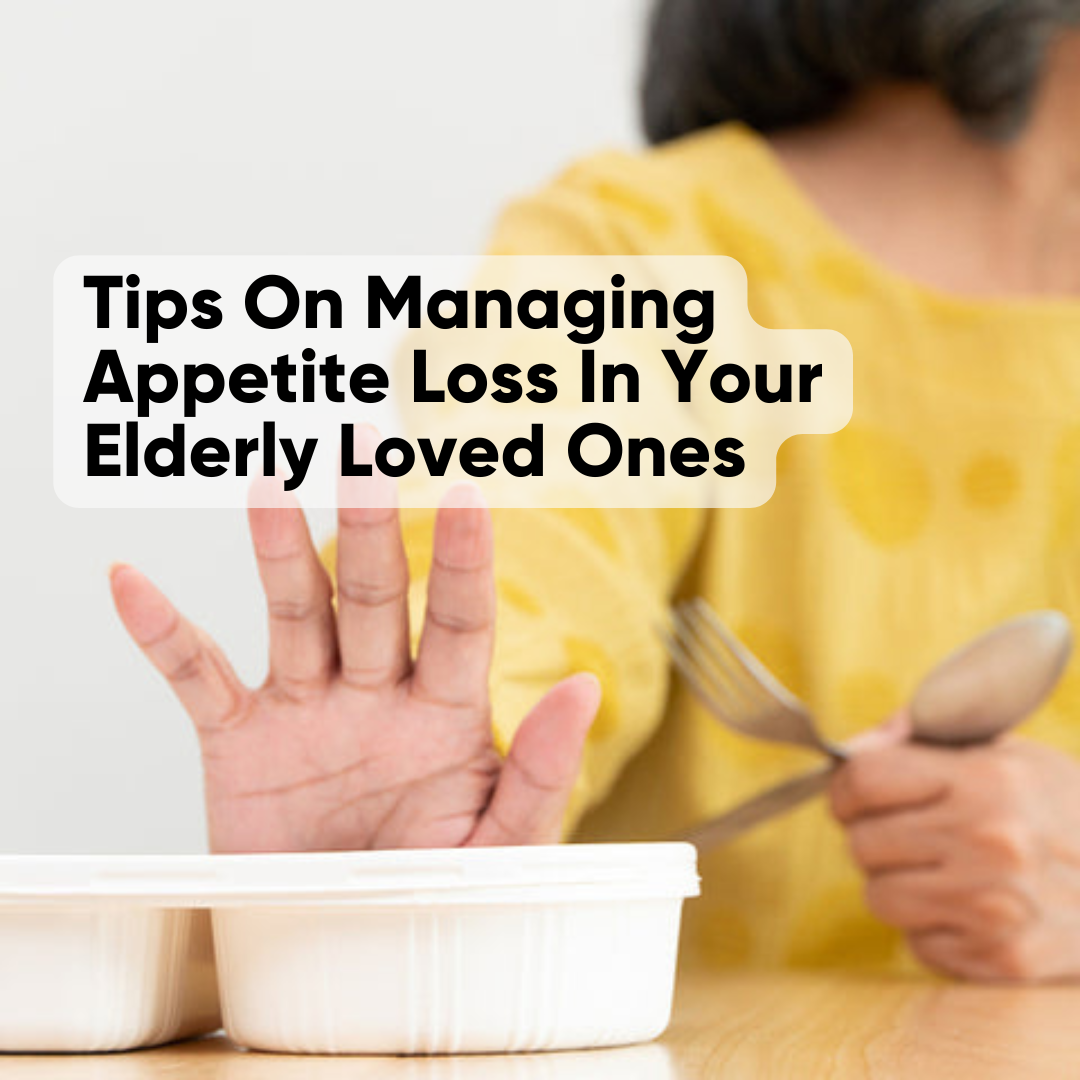Free SG local shipping for orders over $150. Express shipping options also available.
Menu
-
- Bestsellers
-
Mobility
-
Bathroom
-
Bedroom
-
Daily Living
-
About Us
-
- +65-8657-1657
- Contact Us
- Testimonials
- Product Reviews
- FAQs
- Login

Free SG local shipping for orders over $150. Express shipping options also available.
Add description, images, menus and links to your mega menu
A column with no settings can be used as a spacer
Link to your collections, sales and even external links
Add up to five columns
Add description, images, menus and links to your mega menu
A column with no settings can be used as a spacer
Link to your collections, sales and even external links
Add up to five columns
Caregiving

How to Choose the Best Lightweight Wheelchair for Elderly Parents
April 29, 2025 3 min read
Choosing the right wheelchair for an elderly parent can feel overwhelming, especially with so ...

How To Prepare For A Senior's Return From The Hospital
July 24, 2024 4 min read
Bringing an elderly loved one back home from the hospital can be both a ...



